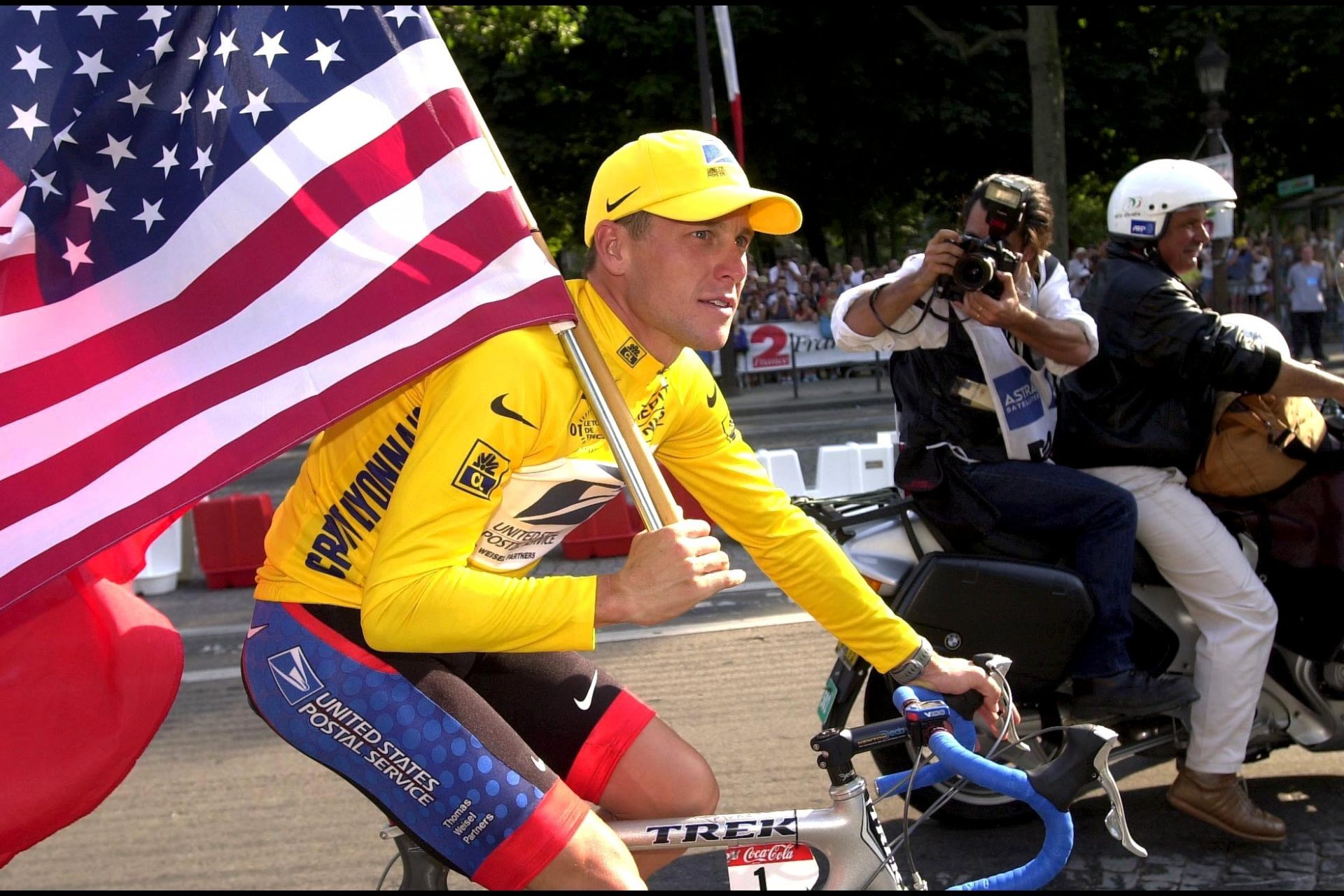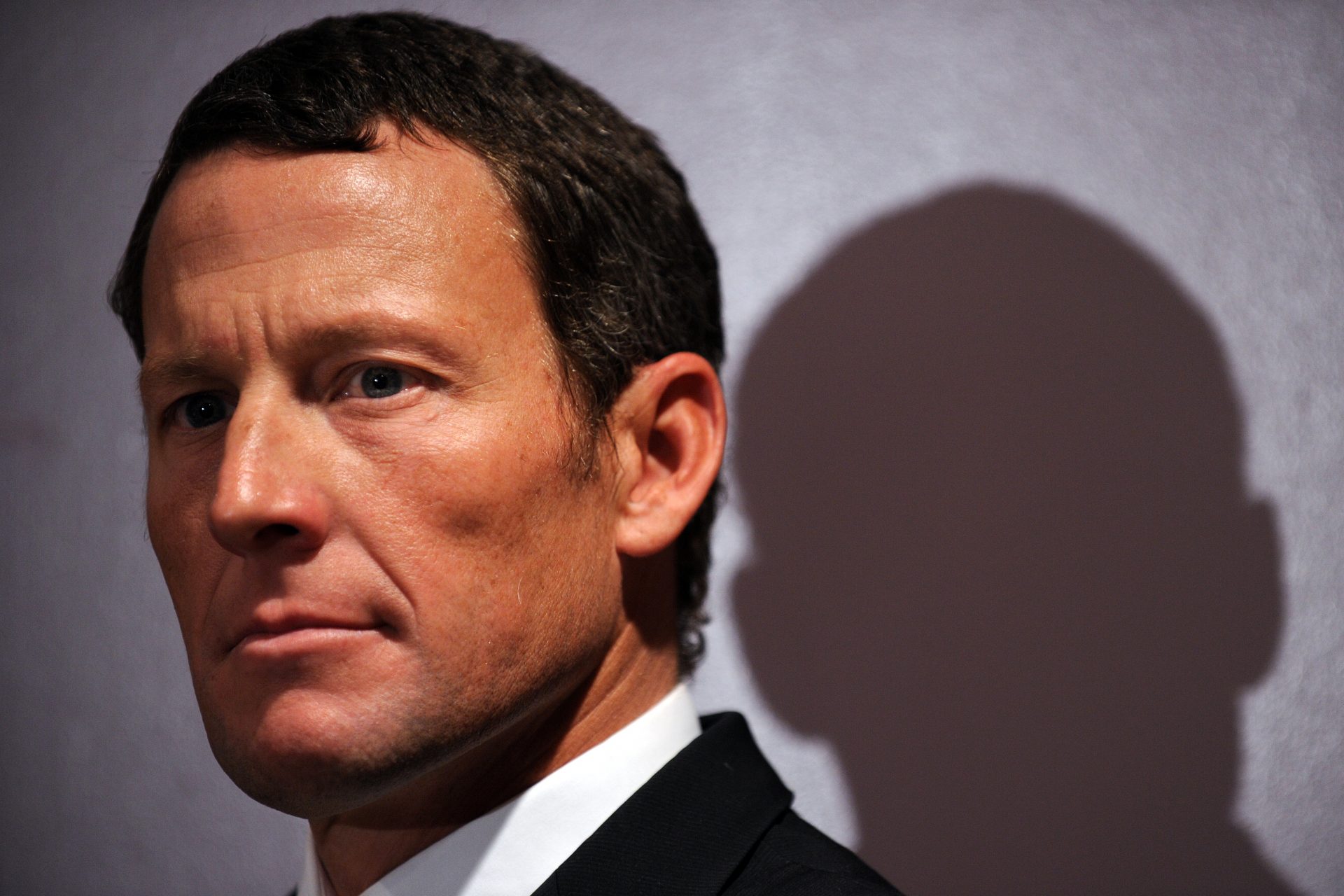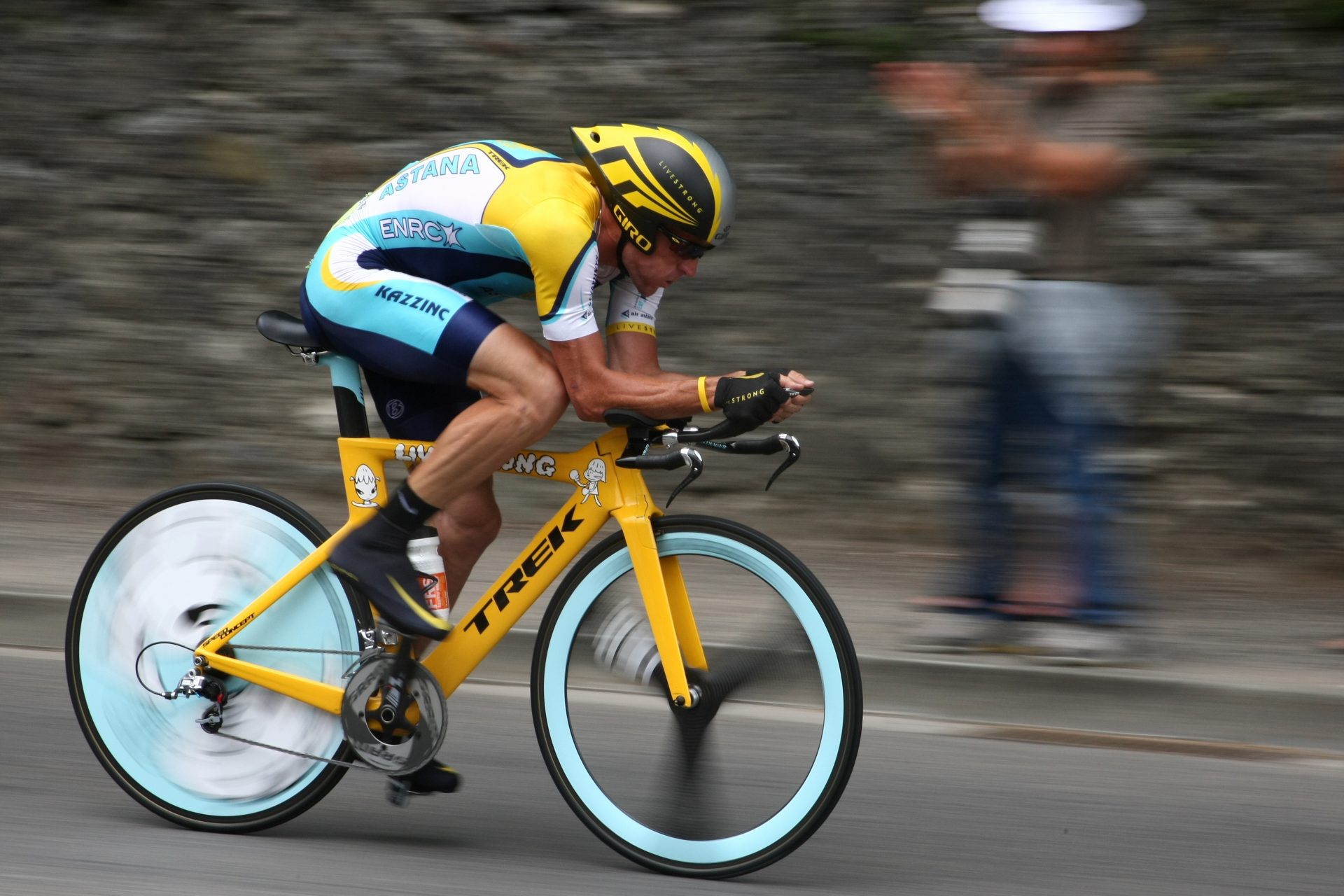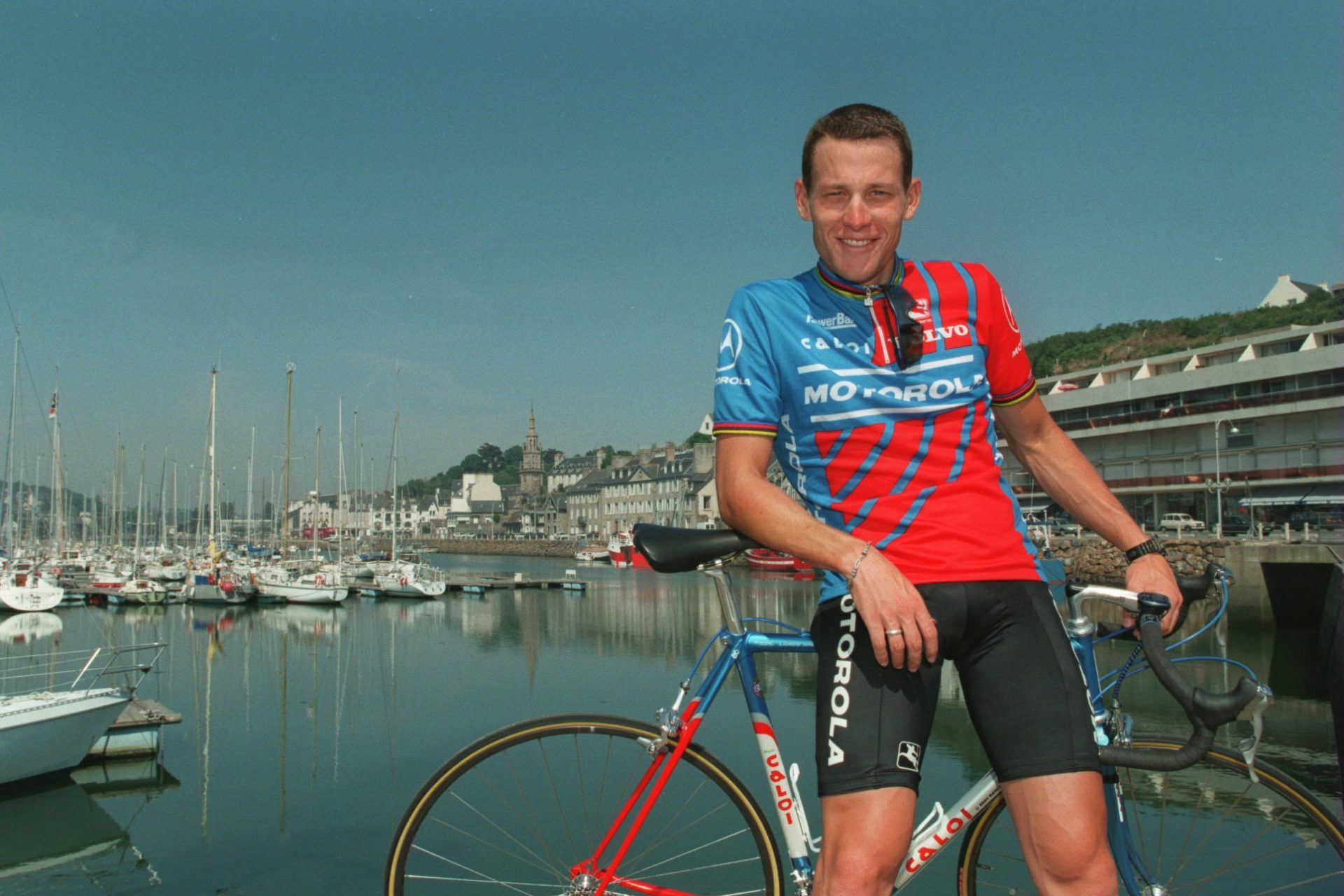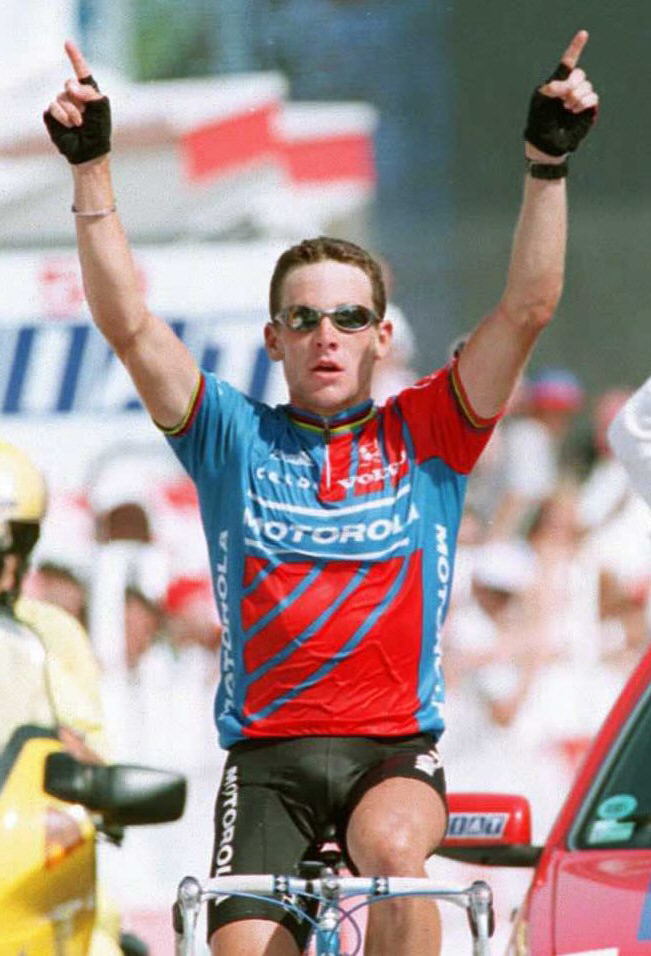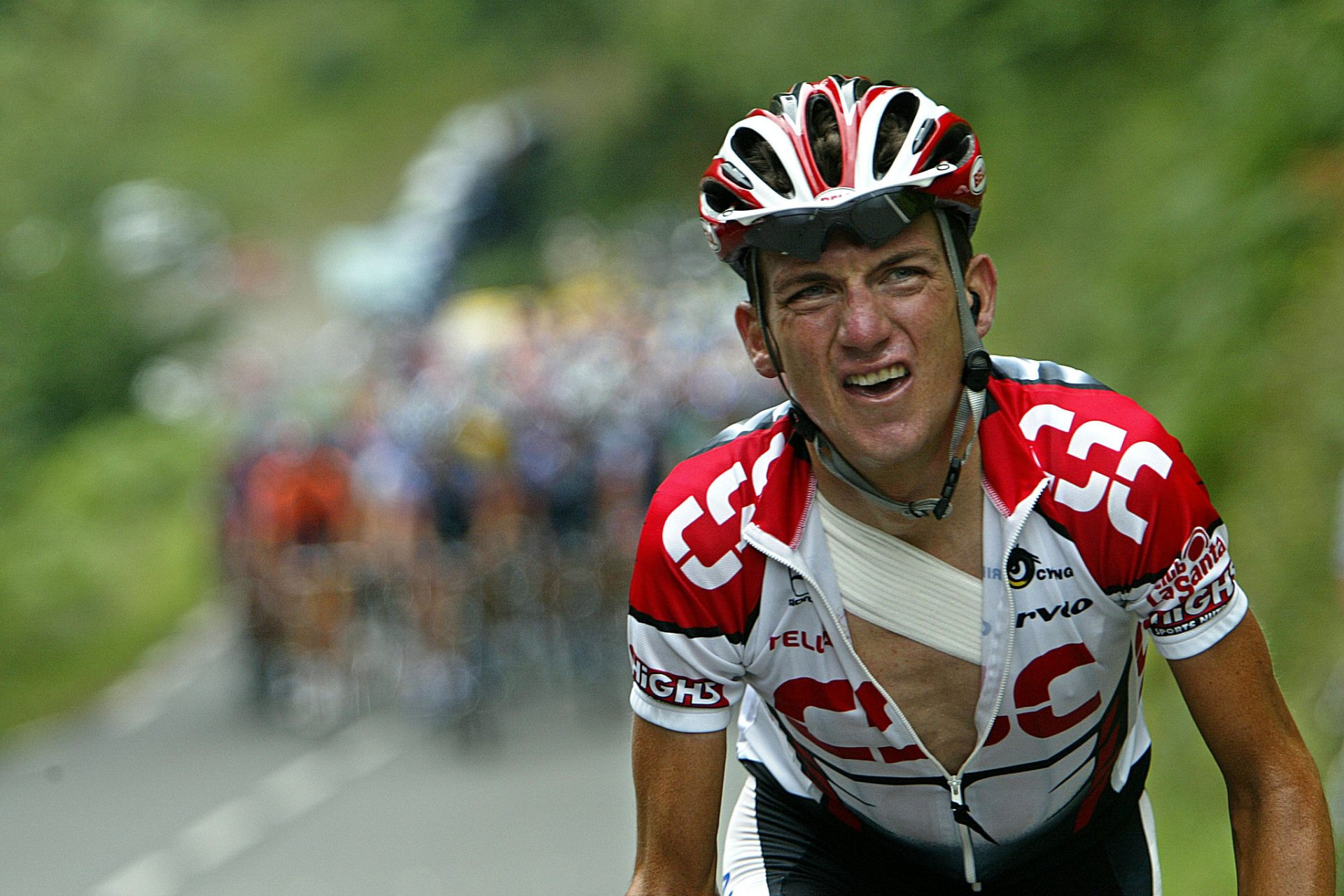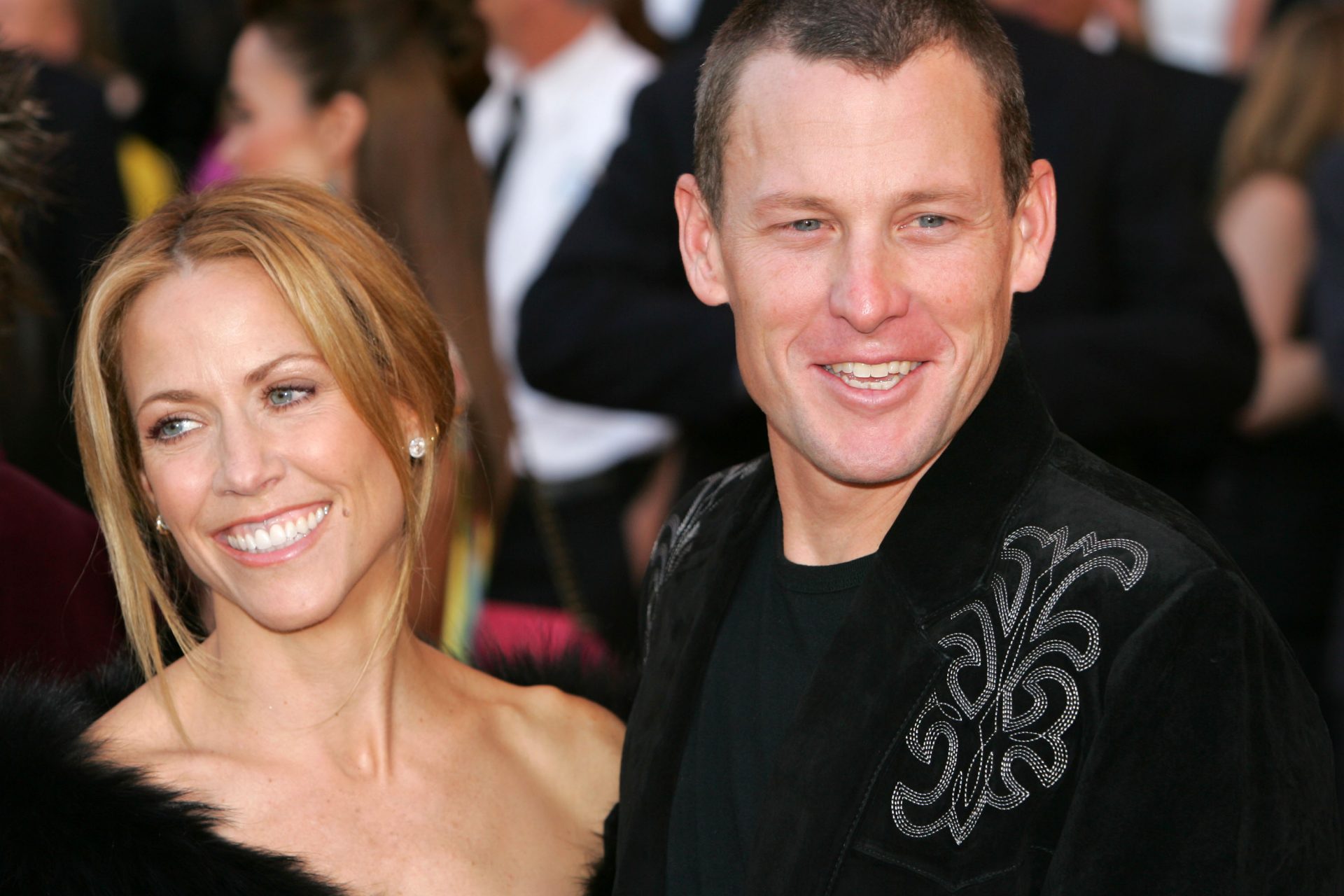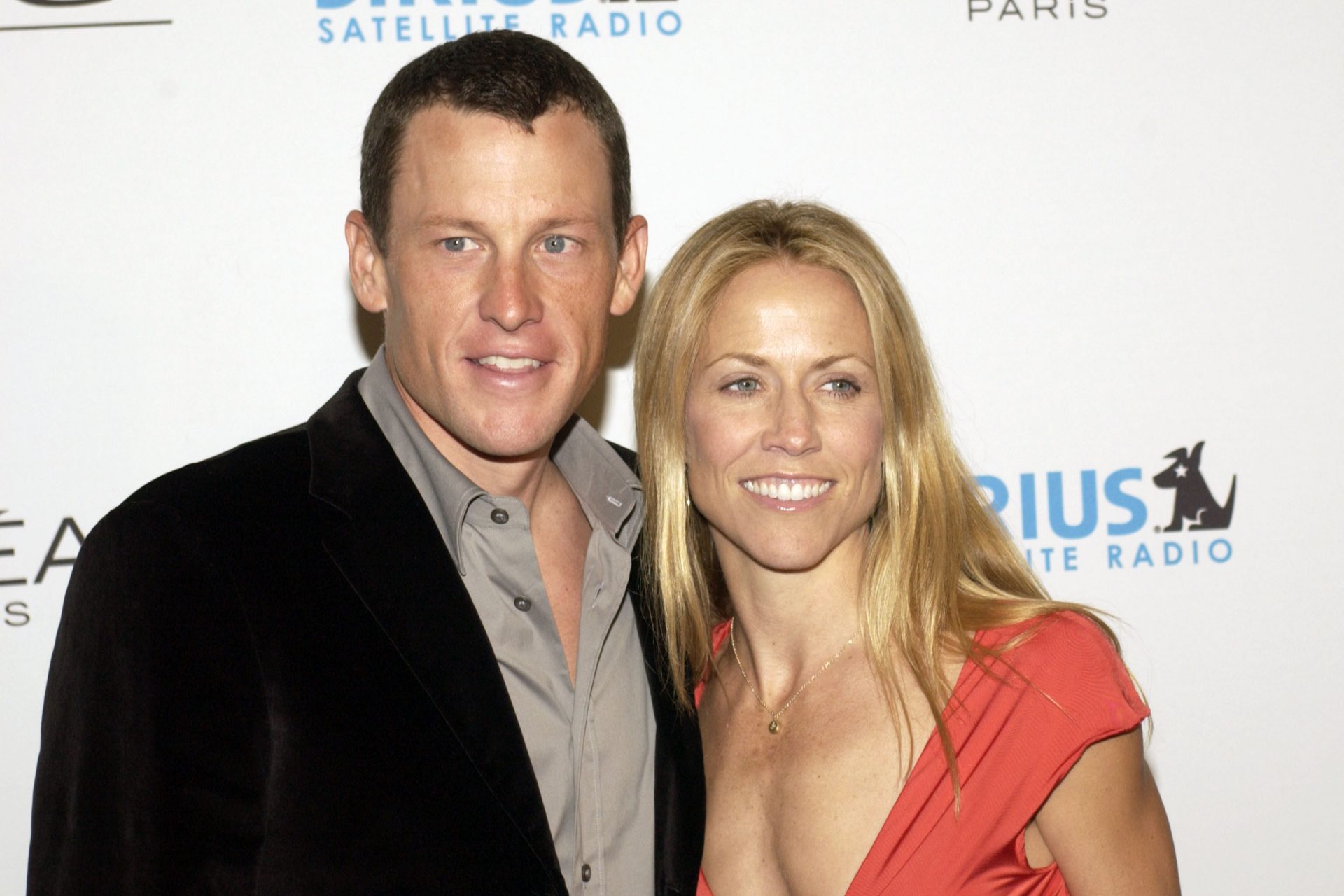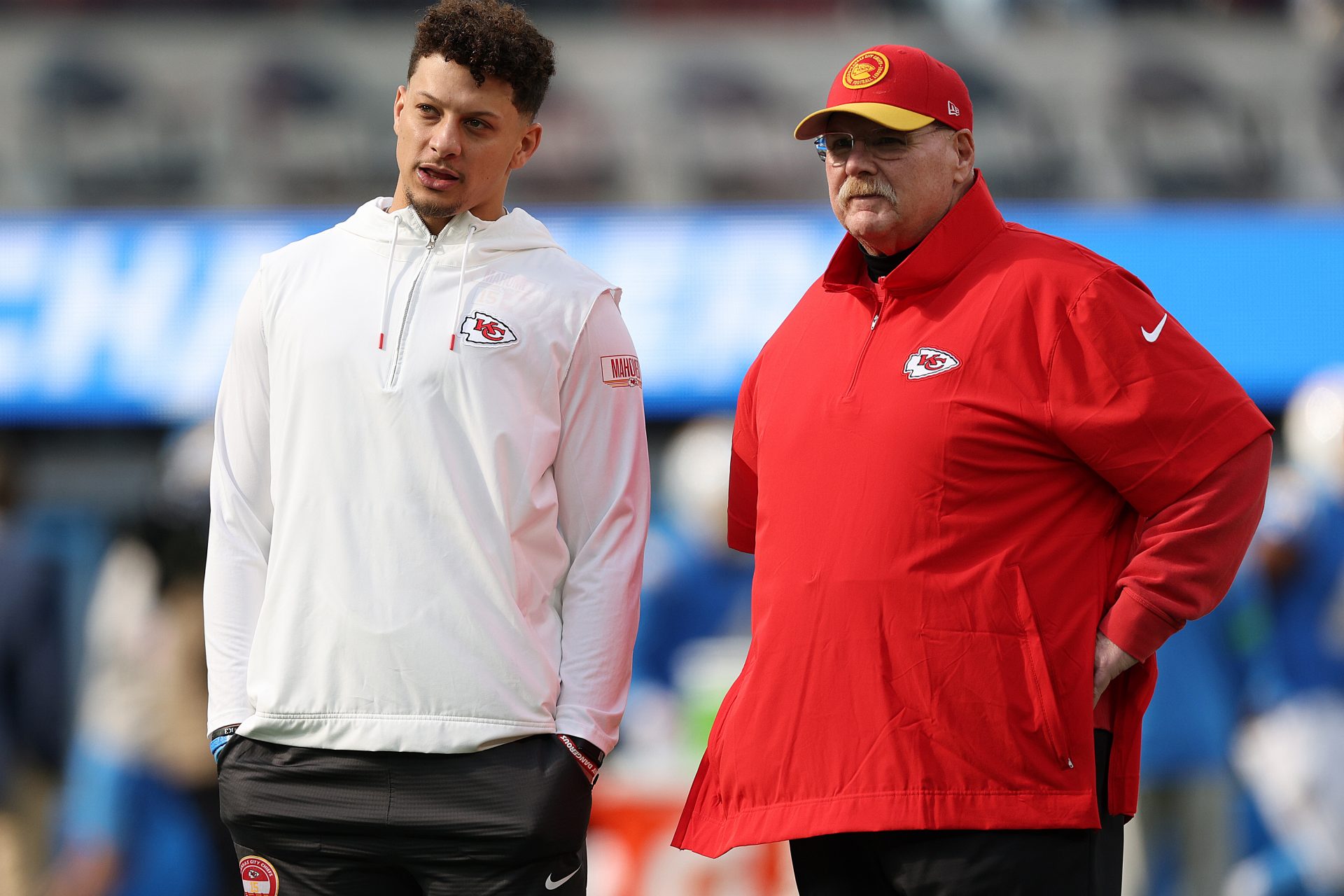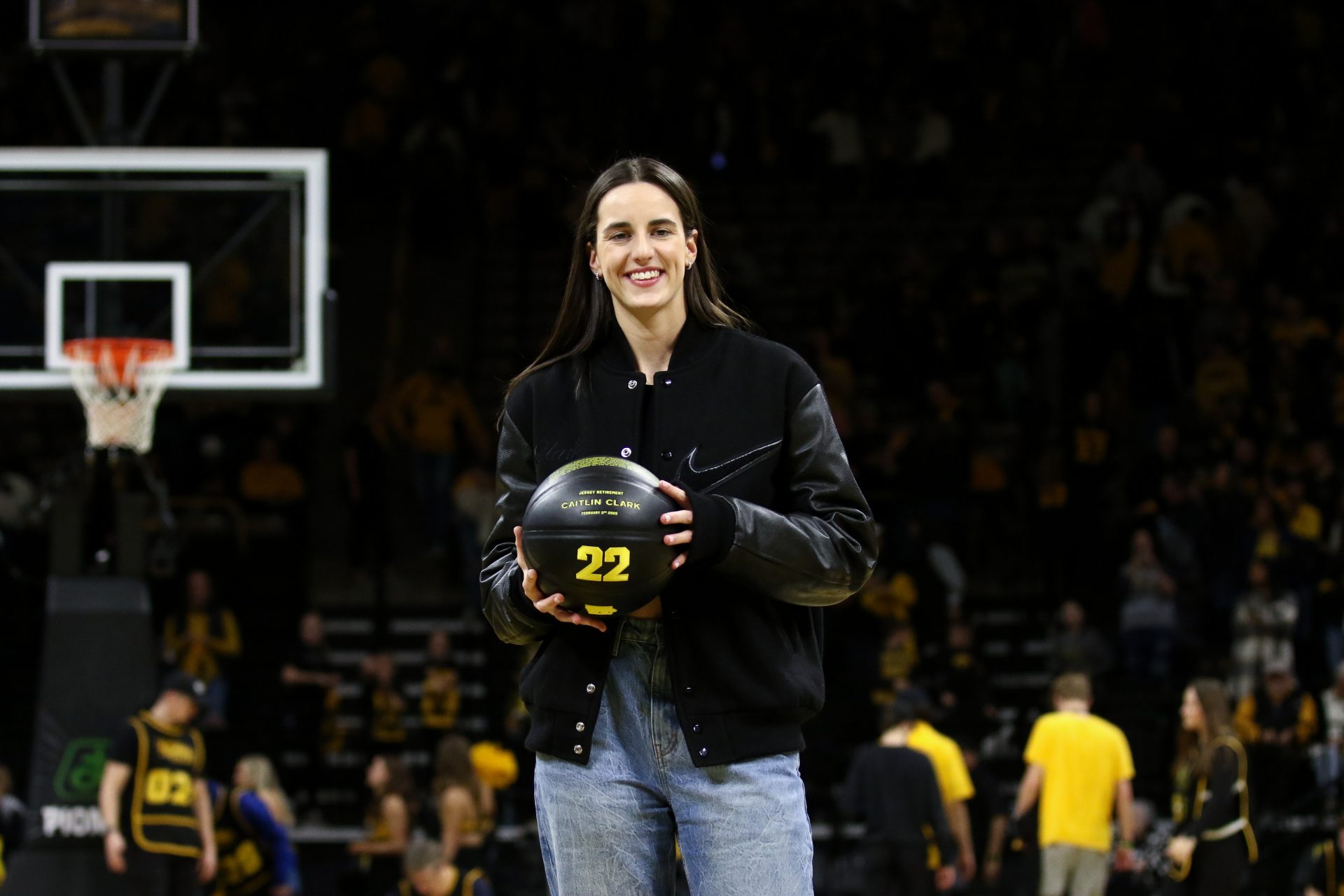Lance Armstrong: 10 things you didn’t know about the disgraced cycling champion
Lance Armstrong is one of the most famous and infamous athletes of the 21st century. He’s reached the highest of highs in the sport of cycling, and the lowest of lows after his house of cards came crashing down. We’ll take a closer look at the polarizing figure, riding our way through 10 fascinating aspects of Armstrong’s life.
Armstrong’s rise to the top and eventual fall from grace is one of the most stunning stories in sports history. He was on top of the world, and came crashing down from a reputation and a financial perspective. After it came to light that he used performance enhancing drugs, Armstrong believes he lost $75 million in about 24 hours in October 2012.
Nike, Oakley, Trek and Anheuser-Busch were sponsors that all cut ties with Armstrong in that time frame, according to Cyclingnews. Armstrong told Oprah Winfrey, “I’ve certainly lost all future income. You could look at the day and a half where people left. I don’t like thinking about it. But that was a… I don’t know. That was a $75 million day.”
Want to see more like this? Follow us here for daily sports news, profiles and analysis!
Armstrong made a name for himself on his bicycle, but he first gravitated towards athletics in the water. The American-Statesman wrote, “Armstrong began his competitive life as a swimmer near Dallas, before he began participating in triathlons, then focusing on cycling.”
Armstrong got back into swimming after his cycling career spiralled out of control, and acclaimed swimmer Sara McLarty had praise for his skills. She told Triathlete’s website, “Overall, I believe that Lance Armstrong has good technique. His swim will easily take him out of the water with the leaders.”
Three weeks on a bicycle riding through France is a tall task, especially as other riders try to knock off a legend. It’s no surprise that Armstrong had some tunes ready to go during the gruelling stages of the race.
According to Twenty Four Bit’s website, Armstrong listened to Wilco, Iron and Wine, Ryan Adams and the Cardinals, Jeff Buckley, Led Zeppelin and The Rolling Stones.
ESPN reported that the United States Postal Service spent $31.9 million underwriting Armstrong’s cycling team as he was taking the world by storm from 2001 through 2004. Armstrong was paid $1.47 million for every stage win at the 2001 Tour de France, which was considerably more than what his teammates received.
Fellow USPS rider Tyler Hamilton was the second-highest paid member on the team in 2001, and only received $150,000 in bonuses for the 2001 Tour de France.
The disgraced cycler is still in the retail and content game. He cohosts a podcast called TheMove, and is part of a clothing line called WEDU. According to WEDU’s website, “WEDU is a mindset rooted in the belief that every challenge ignites a spark of growth and change. We choose courage over comfort zone, adventure over apathy, hardcore over ho-hum.”
WEDU sells athletic gear for men and women, including but not limited to caps, vests, hoodies, sweatpants and tank tops.
Armstrong’s most triumphant moments came in Europe, so he has assimilated to spending long periods of time there. He welcomed interviews that started in French, so he could connect with fans without a translator. The cyclist also dieted like a traditional European as time went on.
Want to see more like this? Follow us here for daily sports news, profiles and analysis!
Armstrong told Tom Brokaw in 2017, “I like cold beer, good red wine, and good food, but I don’t eat it a lot. I read somewhere that one of the healthiest places is Corsica. A lot of olive oil, a lot of fish, a lot of red wine.”
Armstrong was born and raised in Plano, Texas. He was based in the state during the glory years of his athletic career. He has moved back to Texas with his family after a long stretch of time away.
According to People’s website, Armstrong and his family lived in Aspen, Colorado for 15 years where they were “laying low.”
Armstrong was a tour de force before his legacy was destroyed. Perhaps no single metric depicts just how popular Armstrong and his gravitas was than the significance of Livestrong bracelets in society. According to Livestrong’s website, around 100 million wristbands were sold throughout the world.
SFGATE’s Peter Hartlaub wrote, “practically overnight, charity transformed into a must-have fashion accessory.” Grazia Daily’s Lucy Morris wrote, “Livestrong rubber bracelets started as a charitable concept but quickly got gobbled up by anyone looking to make a buck. Originally, it was associated with Lance Armstrong’s cancer research organization.”
At the height of Armstrong’s fame in the mid 2000s, the cyclist was engaged to musician Sheryl Crow, forming a high-profile power couple. The pair was engaged in 2005, but their relationship didn’t last long, as they broke up in 2006.
Crow and Armstrong met at a charity event, according to InStyle. Crow told People’s website that she “knew pretty quickly” that she was “totally into him.” However, in 2006, the two issues a statement reading, “After much thought and consideration, we have made a very tough decision to split up.”
The details of Armstrong’s training regimen will likely fall on deaf ears since he’s admitted to using performance enhancing drugs, but the template of his program may still be intriguing for many readers. His focus was centered around lactic acid buildup in his muscles, and how he could deal with that as he started to fatigue.
Men’s Health went behind the scenes, writing, “the biggest innovation Lance brought to endurance sports was the notion of planning your training around your lactate threshold, defined as the highest intensity at which your muscles can recycle lactic acid as quickly as it’s produced.”
Want to see more like this? Follow us here for daily sports news, profiles and analysis!
More for you
Top Stories



